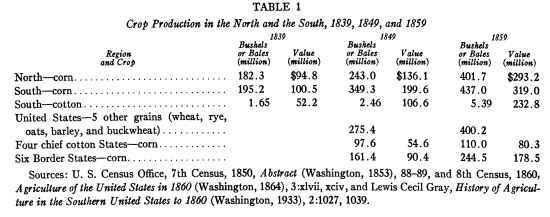For my very first post, I have decided to explore whether it is possible for the slavery debate to have ever ended peacefully - or if the American Civil War was truly inevitable.
Your challenge is, with a PoD no earlier than 1830, have the Slavery Debate peacefully resolved one way or the other.
Requirements:
1. The South must not secede (or must peacefully return to the Union with no bloodshed)
2. The North must not secede (or must peacefully return to the Union with no bloodshed)
3. The United States must still fulfill Manifest Destiny and expand all the way to California, whether the borders are exactly the same is up to you but either way, no avoiding the issue that way.
4. If slavery is kept, it can still be abolished some ways down the road, as it probably will have to be eventually, but will have to be peacefully resolved when that time comes
Notes:
1. Slavery does not necessarily have to be abolished. Though it’s obviously preferable from a humanitarian point of view, that’s not the challenge.
2. Bonus points if Abraham Lincoln is still elected President in 1860
(Apologies if this is a topic that has been explored countless times before, but please, let me know your thoughts!)
Your challenge is, with a PoD no earlier than 1830, have the Slavery Debate peacefully resolved one way or the other.
Requirements:
1. The South must not secede (or must peacefully return to the Union with no bloodshed)
2. The North must not secede (or must peacefully return to the Union with no bloodshed)
3. The United States must still fulfill Manifest Destiny and expand all the way to California, whether the borders are exactly the same is up to you but either way, no avoiding the issue that way.
4. If slavery is kept, it can still be abolished some ways down the road, as it probably will have to be eventually, but will have to be peacefully resolved when that time comes
Notes:
1. Slavery does not necessarily have to be abolished. Though it’s obviously preferable from a humanitarian point of view, that’s not the challenge.
2. Bonus points if Abraham Lincoln is still elected President in 1860
(Apologies if this is a topic that has been explored countless times before, but please, let me know your thoughts!)


